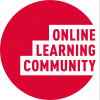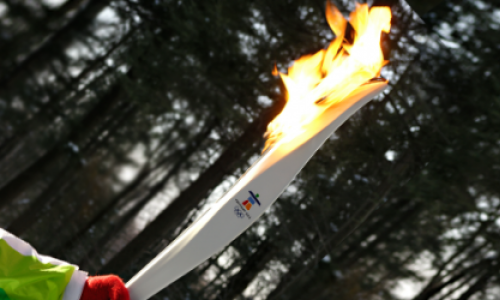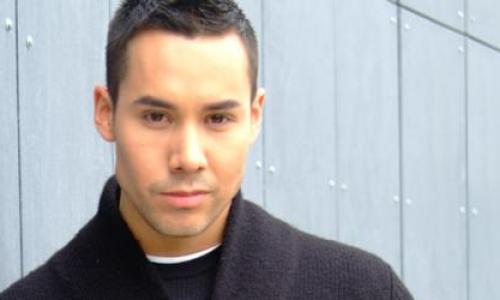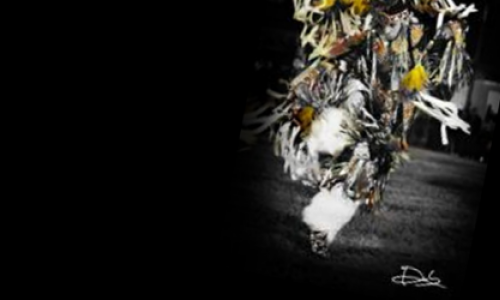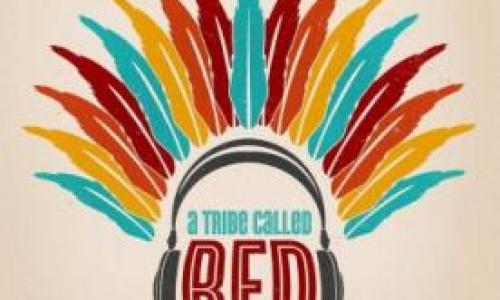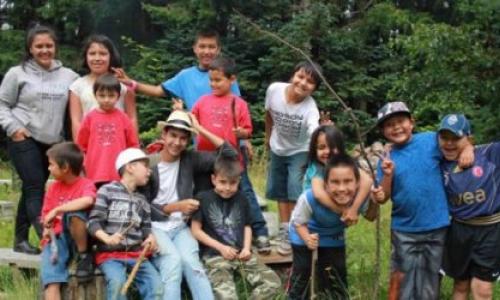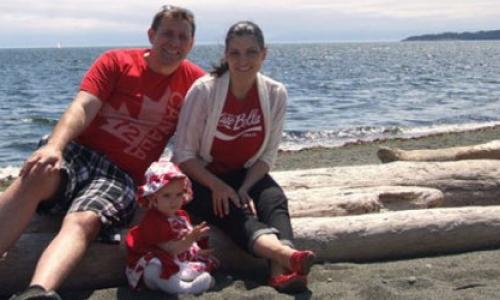
Aboriginal inclusion in the workplace is a crucial part of the overall discussion that is taking place around diversity and inclusion in the current Canadian jobs scene. At Jobpostings, we commend those companies that support workplaces where everyone— especially those within the Aboriginal community—can be their authentic selves. October’s edition of Jobpostings Magazine focuses on these influential workplaces, while celebrating Aboriginal culture and breaking down stereotypes.
Inside this issue of Jobpostings you`ll find profiles of Canada’s most Aboriginal-friendly workplaces to show you how they take Aboriginal inclusion seriously.
First is Cameco one of the worlds largest uranium producers and Canada`s largest employer of Aboriginal people.
“Cameco is committed to creating and maintaining a welcoming, inclusive, barrier-free work environment,” says Kaylynn Shroeder, Cameco’s VP of human resources.
She says Cameco believe members of a diverse workforce bring new ideas, perspectives, experiences, and expertise to their company.
TransCanada, the leader in responsible, reliable and safe development and operation of North American energy infrastructure is dedicated to building positive relationships with Aboriginal communities.
“TransCanada is committed to a long-term approach to increasing Aboriginal employment and career advancement,” says Deborah Goodfellow, TransCanada’s director of HR client services.
For example, the newly formalized Aboriginal and Native American Employee Network encourages communication, community, and a sense of belonging amongst the 69 Aboriginal employees currently employed by TransCanada.
Northwestel provides telecommunications services in the Northwest Territories, Nunavut, Yukon, northern British Columbia and Alberta. Their customer base is 50 per cent Aboriginal people.
“We believe very strongly that our employee base should mirror our customer base . This makes us better at designing and delivering products and services that meet our customer needs,” says Lee Vincent, Northwestel’s assistant VP of human resources.
They believe strongly in hiring northern Aboriginal students as employees, and have pledged to give 50 per cent of its Northern Futures Scholarships to Aboriginal recipients.
Next is Newalta, named one of Canada’s Best Diversity Employers in 2011 and 2012, they provides engineered environmental solutions that enable customers to reduce disposal, enhance recycling, and recover valuable resources from industrial residues.
“Newalta aims to attract and retain top talent,” says Dalene Friesen, Newalta’s managing director of human resources. “In order to do so, we remove all boundaries that may prevent us from hiring based on skill and potential.”
She says that having a richly diverse work-force, supported by a respectful and inclusive work environment, enhances their innovation, and drives continued business growth.
Last but not least, SaskPower supplies electricity to more than 470,000 customers in Saskatchewan all while believing in the importance of encouraging an inclusive work environment for Aboriginal employees.
“Aboriginal employees share a strong sense of responsibility to make things better for the next generation,” says Laurie Gosselin, of SaskPower Aboriginal relations.
SaskPower has an Indigenous Network that is intended for employees of aboriginal descent. Its purpose is to cultivate indigenous values and wisdom through their vision: ‘Success through Understanding.’
These company profiles include advice for recent graduates from the employers themselves, so make sure to pick up a copy of Jobpostings and find out what they’re looking for.
The feature article you’ll find this month celebrates the culture of the over one million Aboriginal people in Canada. It profiles the Canadian Roots Exchange (CRE), a group of young indigenous and non-indigenous Canadians who travel across Canada to learn and experience the daily life of First Nations, Inuit and Métis communities.
“We do everything. From recreational activities like going to sweat lodges, setting up fishing nets, going dog sledding, to learning about the political structure in a First Nation community, visiting health centers, public schools, and high schools,” says Dr. Cynthia Wesley-Esquimaux, co-founder of CRE.
This exchange program looks at creating positive change and improving understanding of aboriginal peoples in an enriching, educational manner, and enables youth to learn more about the Canadian context beyond any textbook.
Another article showcases “Inclusion Works”, an inclusion and career convention spearheaded by the Aboriginal Human Resources Canada (AHRC). AHRC breaks down stereotypes of Aboriginal people portrayed in mainstream media by profiling Aboriginal professionals.
“We wanted to help close the Aboriginal employment gap and breakdown the negative stereotypes of Aboriginal people by sharing positive news and profiles of First Nations, Metis, and Inuit people to Canadians through the media. We also wanted to profile the business case for inclusion and the good work being done by many employers that are committed to social and economic inclusion,” says Kelly J. Lendsay, president and CEO of AHRC.
Inclusion Works is an annual national event. Approaching its fifth year, Inclusion Works hosts employers and Aboriginal grads from across Canada. The event acts as a catalyst for social and economic inclusion with case studies, workshops, and a recruitment fair. The partnerships, AHRC hopes, will help create jobs for recent Aboriginal graduates and increase inclusion in the workplace.
This article also tells the story of a strong Aboriginal student who worked hard to get through school and with the help of Inclusion Works is on her way to a successful career.
To read these articles, statistics and more pick up a copy of Jobpostings Magazine, now available free at the career centre and digitally at http://www.issuu.com/jobpostingsca.









